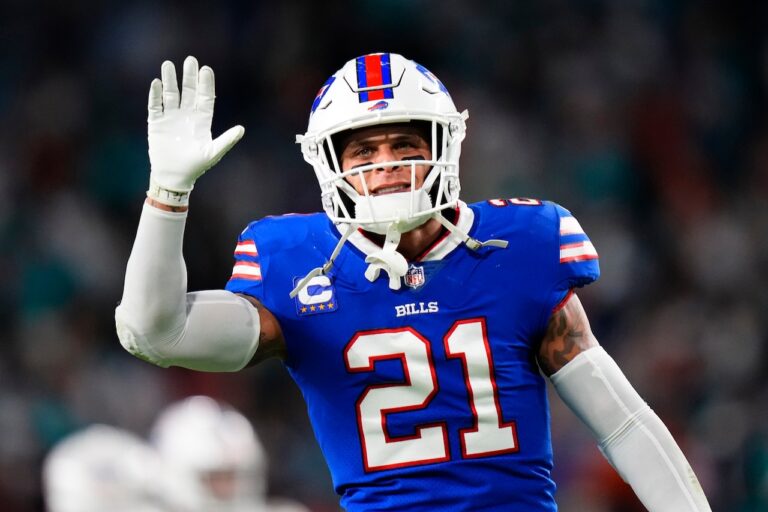
St. Louis Blues forward Jordan Kyrou drew trade speculation earlier this year after the team’s first-round playoff exit. Although he is signed through the 2030-31 season, questions arose about his role in the club’s long-term plans.
By the time of the NHL Draft in June, rumors tied Kyrou to the Montreal Canadiens, but Montreal instead traded for winger Zack Bolduc on July 1—the same day Kyrou’s full no-trade clause took effect. Since then, reports linking him to other teams have slowed, though some interest remains. Jeremy Rutherford of The Athletic noted that nothing concrete has surfaced, but it’s expected teams would pursue a three-time 30-goal scorer like Kyrou. His no-trade protection, however, gives him full control.
Meanwhile, the Boston Bruins are reshaping their roster after missing the playoffs last season, hoping to spark a turnaround in 2025-26.
One notable league-wide development this summer is the absence of RFA offer sheets, despite a higher salary cap and unsigned young stars such as Mason McTavish (Anaheim) and Marco Rossi (Minnesota). Analysts suggest that teams with cap space often lack the necessary draft-pick compensation to execute such deals.
Pittsburgh Penguins GM Kyle Dubas confirmed on the Cam & Strick podcast that several teams called about reacquiring their 2026 second- and third-round picks currently owned by Pittsburgh. While Dubas said he is open to discussions if the return is fair, the situation highlights the strategic value of draft picks in potential offer-sheet scenarios.
Currently, the Blues have just $625,000 in cap space, the Jets hold $3.96 million, while the Sharks sit with a substantial $19.74 million available—making San Jose the most capable of pursuing an aggressive move if they recover their third-round pick.






